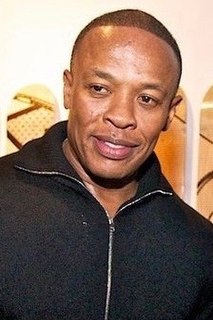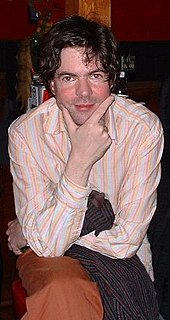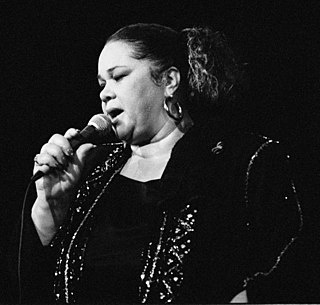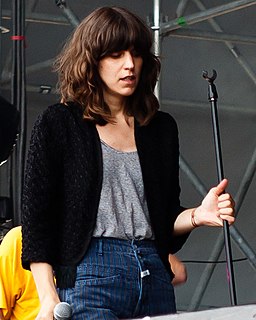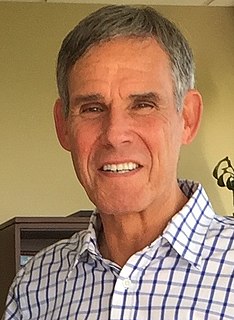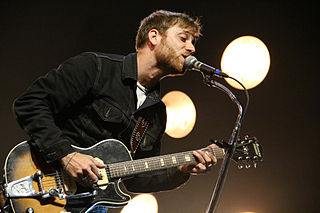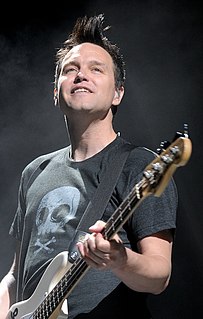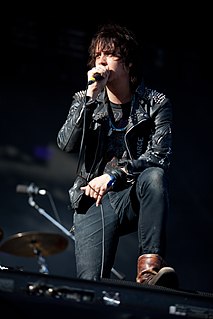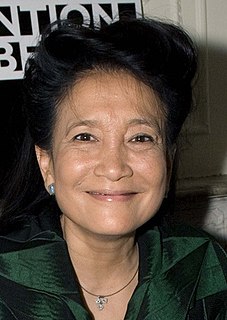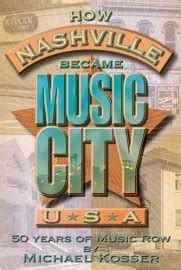A Quote by Dr. Dre
I sequence during the entire recording process. The sequencing changes as I'm recording and as I'm listening. From when I'm, like, four songs in, I start trying to figure out which song should come after which. Which is important, and it changes as the album goes.
Related Quotes
If you're recording the song on your four-track in your kitchen, when you finished writing the song, you're recording, and it's cool, and honor that. And maybe that's the version that should be released. And if you're recording the song again, it shouldn't be because there's a version you love that you're chasing. It should be because "You know what? I made a recording, but I don't love it emotionally." So, okay, then record again. And be in it and take advantage of the buzz and energy of "I'm getting to record right now!" It's such a beautiful and cool privilege.
It was more about getting together with other musicians and playing live. I needed to suss out a full set [for the Last Summer tour], and I didn't want to play Fiery Furnaces material. So half of our set was new songs that we ended up recording for this album. And that made such a huge difference - going into the studio after playing a song for two years, knowing it inside-out and having sung it millions of times, and then recording it is a totally satisfying experience. You're suddenly in this controlled environment and you can make it sound exactly as you've been imagining it.
If you sequence a cancerous tumor, you should be able to tailor the therapy according to the root cause of the cancer. But it has taken so long to do the sequencing - which also requires time to prepare the samples and interpret the deluge of data that comes out - that the patients are already undergoing therapy by the process if over.
I'm sure you feel differently about writing than you did when you first started. When you get older and your brain changes, you have to figure out how your job fits into your life as it changes, you know what I mean? I guess everybody goes through that stuff, and I'm no exception, always trying to figure out what I'm doing with music.
We never really set out to talk about California on the album ['California'], it was something that we noticed that was happening about three-quarters of the way through the recording process. We were looking at which songs we thought would make the record and we realised that there was this theme coming through. I think it's just a product of being in California for as long as I have.
The recording process was basically me meeting with different writers, going into their studio, starting a song and just hanging out and chatting and getting to know how they work. Everybody has a different writing process so there was a lot of getting to know people, which can be fun and stressful at the same time.
Here's some free advice; like the folkies of yore, you need to be not just a writer of songs, you need to be a lover of songs, a listener of songs and a collector of songs. If you hear a song in a club that knocks you out or you hear an old recording of a great song you never knew existed, it does not diminish you to record it; it actually exalts you because you have brought a great song from obscurity to the ear of the public.
